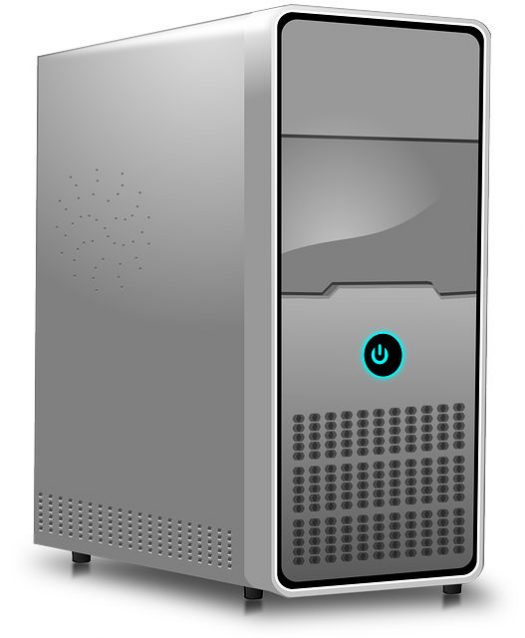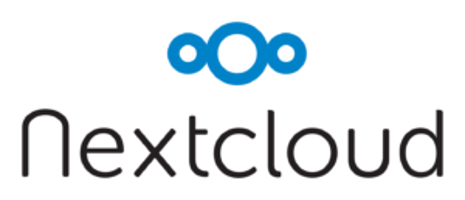While Raspbian and Ubuntu MATE remain the go-to distros for many Raspberry Pi users, our Pi guy reminds us that there are others, and offers us a look at four alternatives.
The Raspberry Pi Report
It seems like every article one reads about the Raspberry Pi always makes a reference to Raspbian. If not, then the writer will probably write about how wonderful Ubuntu MATE is on the Raspberry Pi. Which begs the question: Are there any other OS options for the Raspberry Pi? While there’s nothing wrong with either distro, we should remember that the main appeal of using Linux is the freedom and amount of choice that is offered to the user. With that being said, here are four other distros that offer a great user experience on the Raspberry Pi.
In addition to hosting a Raspberry Pi meetup in Washington D.C., Isaac Carter is a co-host on mintCast. He’s also a software engineer who enjoys working with Java, JavaScript, and GNU/Linux. When he’s not coding, you can find him reading on any number of subjects or on the golf course.



 Bender contacted me early in 2009 and proposed we organize an event to bring the greater Austin community, the Austin Tech community and HeliOS under one roof. We would ask people to bring unused or broken computers to our event. Through Lynn’s network connections, a 6th Street bar owner gave up his bar for an entire Saturday. That, in turn, allowed over 50 Austin geeks to converge on 6th Street to set up stations and transform the broken computers coming in the front door into fully-functioning computers going out the back door and into our waiting truck.
Bender contacted me early in 2009 and proposed we organize an event to bring the greater Austin community, the Austin Tech community and HeliOS under one roof. We would ask people to bring unused or broken computers to our event. Through Lynn’s network connections, a 6th Street bar owner gave up his bar for an entire Saturday. That, in turn, allowed over 50 Austin geeks to converge on 6th Street to set up stations and transform the broken computers coming in the front door into fully-functioning computers going out the back door and into our waiting truck.


 The review on Distrowatch was part of a one time trade that had Distrowatch’s Jesse Smith writing a
The review on Distrowatch was part of a one time trade that had Distrowatch’s Jesse Smith writing a 
 As development continued, refinements were naturally added that didn’t exist in other operating systems, many of which eventually ended up in other *nixes and even Windows, just as many new additions to Unix also ended up in the Linux kernel. But the original purpose was simply to build on what had gone before, not to create something radically different.
As development continued, refinements were naturally added that didn’t exist in other operating systems, many of which eventually ended up in other *nixes and even Windows, just as many new additions to Unix also ended up in the Linux kernel. But the original purpose was simply to build on what had gone before, not to create something radically different.

